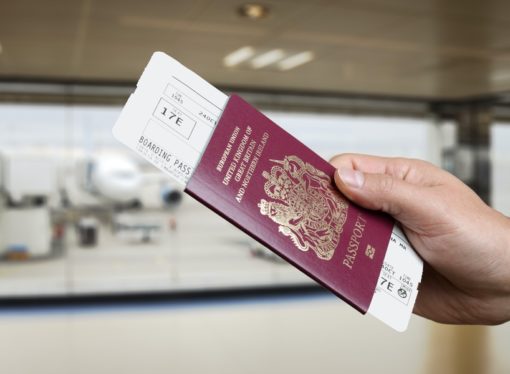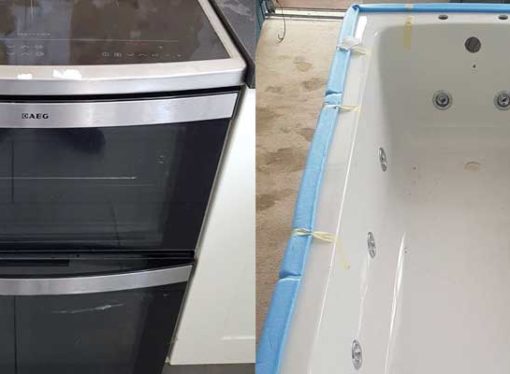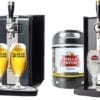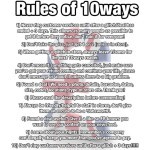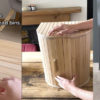Generally in the UK the cheapest method of buying beer is to buy it in bulk from the supermarkets, however, there are some alternatives that provide unique beers or provide a superior pint!
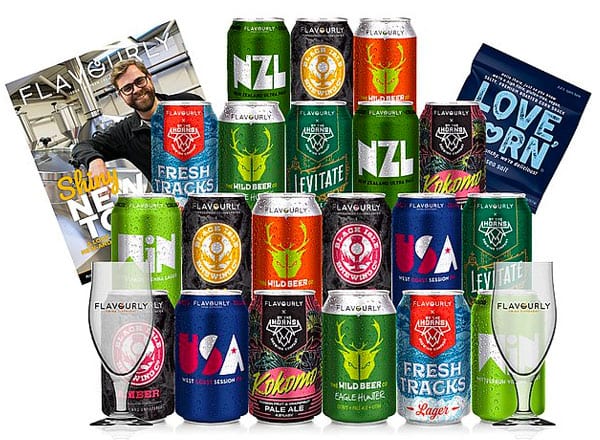
Keep an eye out for exclusive beer bundle packs e.g. this one was previously £25 + free delivery
You’ll receive a expertly-curated craft beer boxes, 2 tasting glasses, artisan snack and an exclusive magazine (worth £90.75)
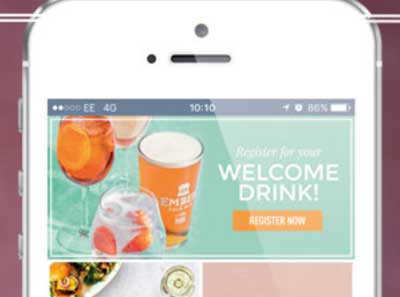
Download these pub/bar apps
Pubs/bars are desperate for business so will entice you in with free drinks etc.
Ember Inns (free drink) | Nicholson Pubs (discounted or free drink) | Dusk (free drinks in selected cities) | All Bar One (often a free drink) | Browns (free cocktails) | Miller & Carter (free wine with meal) | Youngs (free beer) | Great British Pubs (selected times of the year, free beer)

Buy your own beer machine
Each keg contains 10.5 perfectly chilled pints of beer, over 35 different beers available, no CO2 or similar extra equipment required, the beer costs £20-£45 per keg + you get £5 credit for each keg purchased + 5% cashback for every £1 spent. Buying a can or bottle from a supermarket will always be cheaper but if you prefer high quality beer at home this is the one for you!
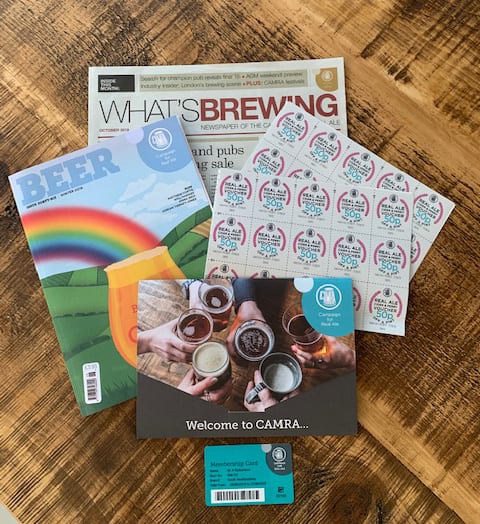
Become a CAMRA member (£26.50 a year)
You get the following included:
- £30 CAMRA real ale vouchers (for use at pubs including JDWetherspoon, Stonegate, Amber Taverns, Brains, Castle Rock and more)
- Free or reduced entry to over 180 beer festivals
- The Real Ale Discount Scheme where you receive discounts on pints at over 3,500 participating pubs with your membership card
- + various other perks
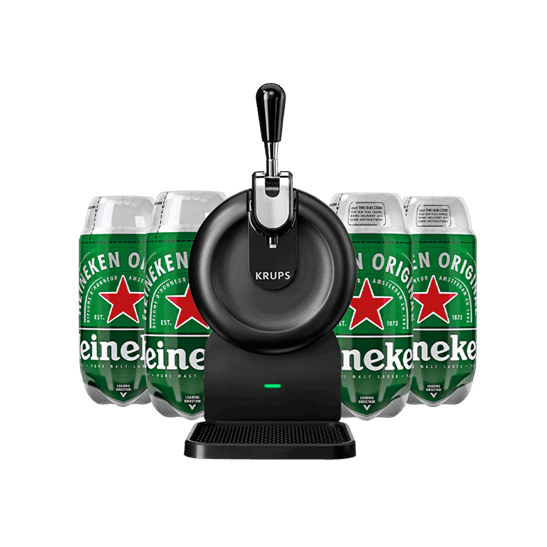
Buy your own sub machine
At £7.99 per keg and less than £100 for the compact machine it’s a great home bar starting setup
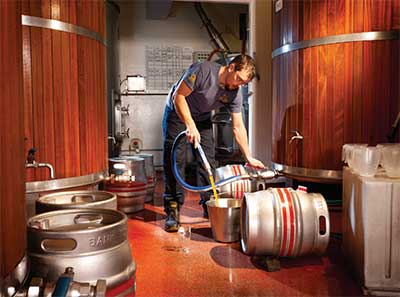
Buy local
With 831 registered breweries just on SIBA (Society of Independent Brewers) you should have a local brewer nearby for you to support, this ensures your money goes to support local business.
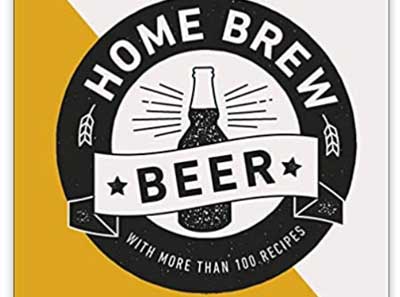
Brew your own!
At less than £1 per pint (after you’ve paid for all the kit) it could be a good alternative, it sounds simple right:
- Buy the kit
- Boil 12 litres of water
- Add hops + malt extract + sugar at certain points
- Pour into a large container via a muslin + pour another 12 litres of water in
- Add ale yeast and leave to ferment for 10 days
- Siphon the beer into clean bottles
- Pretend you’re an up and coming Breaking Bad character
Ensure you store your beer properly:
Never store clear or green bottles in sunlight, it will make it smell / taste bad, seriously you can test it, this is known as ‘skunking a beer’ as the smell is similar to the smell a skunk makes. It’s all to do with a chemical reaction that takes place.

Learn how to pour a decent beer
This will depend on the beer type but generally the best method is:
- Use a clean glass and one that hasn’t gone through a dishwasher as the rinse aid kills the head
- Hold the glass at a 45 degree angle
- Pour slowly
- With the beer hitting the centre point of the slope of the glass
- Once you get past the half way point start to tilt the glass back to being straight
- Pour quicker at the end to create the perfect head

Cut down or quit drinking completely
- Alcohol is expensive, the average person in the UK spends £868 per year on alcohol1
- Activities associated with drinking alcohol are often expensive as well (binge food, taxis, night club entry etc)
- Often people will buy new clothes for ‘nights out’ and they may only last 1 evening after a rip/stain etc
- Hangover cures and loss of productivity have a negative effect on various aspects of life


